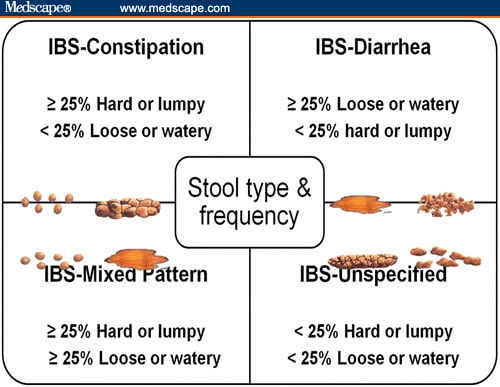I delivered a lecture to our interns and residents on the topic "Irritable Bowel Syndrome" earlier this month.
There's an article published on JAMA, using herbal medicine to treat IBS tewnty years ago.
JAMA. 1998 Nov 11;280(18):1585-9.
Treatment of irritable bowel syndrome with Chinese herbal medicine: a randomized controlled trial.
Bensoussan A, Talley NJ, Hing M, Menzies R, Guo A, Ngu M.
CONCLUSION: Chinese herbal formulations appear to offer improvement in symptoms for some patients with IBS.
There are MANY systemic review articles on treating IBS with herbal medicine.
PLoS One. 2017 Dec 18;12(12):e0189491. doi: 10.1371/journal.pone.0189491. eCollection 2017.
Systematic review and meta-analysis of traditional Chinese medicine in the treatment of constipation-predominant irritable bowel syndrome.
Li DY, Dai YK, Zhang YZ, Huang MX, Li RL, Ou-Yang J, Chen WJ, Hu L.
CONCLUSION: TCM showed greater improvement in terms of clinical efficacy in the treatment of IBS-C than cisapride and mosapride, although it was not possible to draw a definitive conclusion due to the small sample size, high risk, and low quality of the studies. Large multi-center and long-term high-quality randomized control trials are needed.
Evid Based Complement Alternat Med. 2016;2016:4071260. doi: 10.1155/2016/4071260. Epub 2016 Jul 31.
Efficacy of Chinese Herbal Medicine for Diarrhea-Predominant Irritable Bowel Syndrome: A Meta-Analysis of Randomized, Double-Blind, Placebo-Controlled Trials.
Zhu JJ, Liu S, Su XL, Wang ZS, Guo Y, Li YJ, Yang Y, Hou LW, Wang QG, Wei RH, Yang JQ, Wei W.
CONCLUSION:This meta-analysis shows that Chinese herbal medicine is an effective and safe treatment for D-IBS. However, due to the small sample size and high heterogeneity, further studies are required.
Clin Gastroenterol Hepatol. 2015 Nov;13(11):1946-54.e1. doi: 10.1016/j.cgh.2015.06.022. Epub 2015 Jun 29.
Efficacy of a Chinese Herbal Medicine in Providing Adequate Relief of Constipation-predominant Irritable Bowel Syndrome: A Randomized Controlled Trial.
Bensoussan A, Kellow JE, Bourchier SJ, Fahey P, Shim L, Malcolm A, Boyce P.
CONCLUSION: In a prospective, controlled study, CHM reduced symptoms of IBS-C, increased bowel satisfaction and stool consistency, and reduced straining and hard lumpy stools, compared with placebo
In our daily practice, the use of Chinese herbal medicine is quite effective in treating IBS in all types, including constipation, diarrhea and mix. We would evaluate the causes of IBS as well as patients' body constitution and then prescribe some herbs to tonify the Qi of the digestive system so that it can function normally. Herbal medicines are usually more natural and harmless. Sometimes we also add acupuncture to treat IBS.
Although IBS is not a very serious illness, it does affect patients' quality of life and is the second highest cause of work absenteeism. (The highest is common cold.)
Why not give TCM a try?
